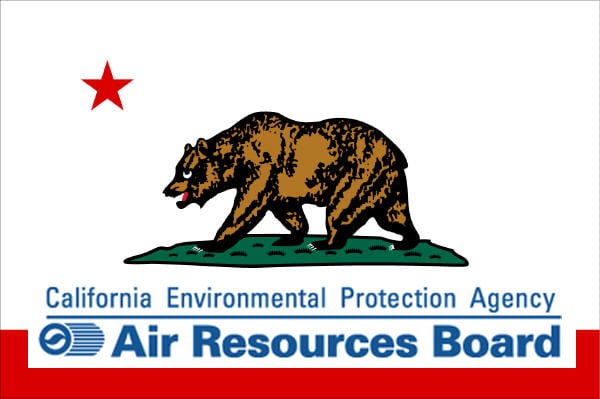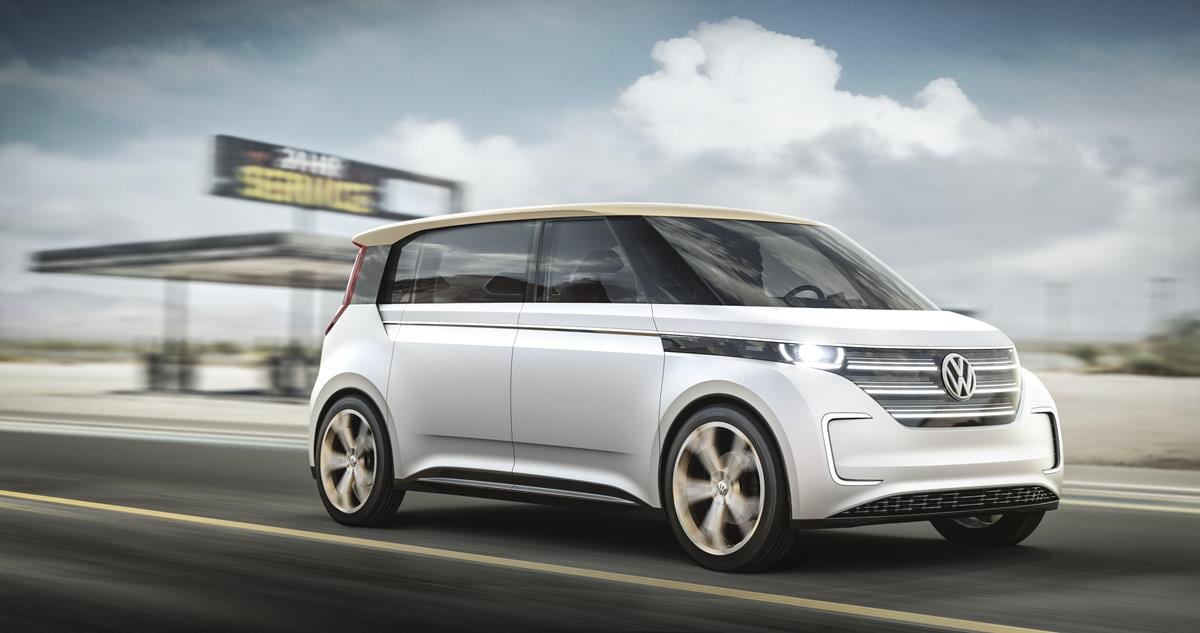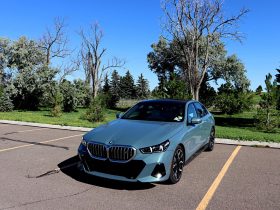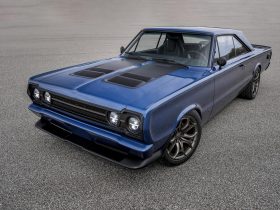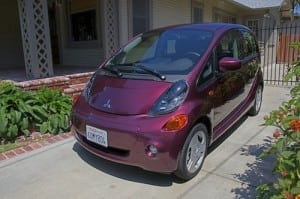
Good news if you live in California, are considered low income and really, really want an electric vehicle (EV).
The California Air Resource Board working on helping low income people afford EVs
The California Air Resource Board, CARB is trying to find ways to help those considered low income to reduce their transportation energy cost. If you live in California and earn between $20,000 to 35,000, and if CARB could implement such a program, many would be able to afford an EV or a Hybrid. They could also reduce their transportation costs and have access to better jobs. So just what is considered low-income? According to the 2013 POVERTY GUIDELINES FOR THE 48 CONTIGUOUS STATES AND THE DISTRICT OF COLUMBIA, “a household income at or below 225 percent of the federal poverty level” would be considered as part of such a program.
How Would It Work?
If you consider the average household spends on an average between $9,000 to $10,000 a year on transportation energy, CARB would like to see these people reduce their gasoline budget. Bear in mind we are talking about your average four people household, and that those numbers will vary from city to city. Nonetheless, an electric vehicle, hybrid, or simply a new car is a big chunk of money for residents in states considered expensive to live in, such as California.
So far, the Bureau of Automotive Repair is accepting applications for the retirement of vehicles in the Enhanced Fleet Modernization Program. This has nothing to do with the famous Cash for Clunkers federal program that operated for 1 month only in 2009. While no such program is currently operating at this moment, it would help remove old polluting cars from our roads, as well as allow this income bracket access better jobs spending less on energy transportation, as well as lower their carbon footprint.
This CARB program would be part of the Extension of Clean Vehicle Programs and covers the following;
AB 8 clears the way for 10-year extensions of several clean vehicle rebates enacted by AB 118 in 2007, including the Air Quality Improvement Program and the Alternative, Enhance Fleet Modernization Program and Renewable Fuel and Vehicle Technology Program. The new law focuses on voluntary trade-ins of high-polluting vehicles by supplying $1,000 incentives to EFMP participants, and $1,500 incentives to EFMP participants with a household income at or below 225 percent of the federal poverty level. SB 459 also called for specific steps to ensure vehicle replacement in areas designated as federal extreme non-attainment.
The law enables these extensions to clean vehicle programs by authorizing increases to vehicle registration fees and surcharges into 2024. The law further authorizes the California Energy Commission to supersede the California Air Resources Board (CARB) in managing the deployment of 100 new hydrogen-fueling stations over the next 10 years using $20 million annually. The law also provides a new source of funding for the Carl Moyer Memorial Air Quality Standards Attainment Program by establishing a new $0.75 surcharge on tire purchases, which is projected to raise $34 million over the next 10 years.
Under SB 359, CARB will receive an additional $48 million in 2014 to continue funding monetary incentives administered through the Clean Vehicle Rebate Project and the Enhanced Fleet Modernization Program (EFMP). The new law focuses on voluntary trade-ins of high-polluting vehicles by supplying $1,000 rebates to EFMP participants, and $1,500 rebates to EFMP participants with a household income at or below 225 percent of the federal poverty level. SB 459 requires CARB to update EFMP guidelines by June 30, 2015. In doing so, CARB is authorized to increase the value of early vehicle retirement and replacement rebates for low-income participants beyond existing limits of $1,500 and $2,500, respectively.


